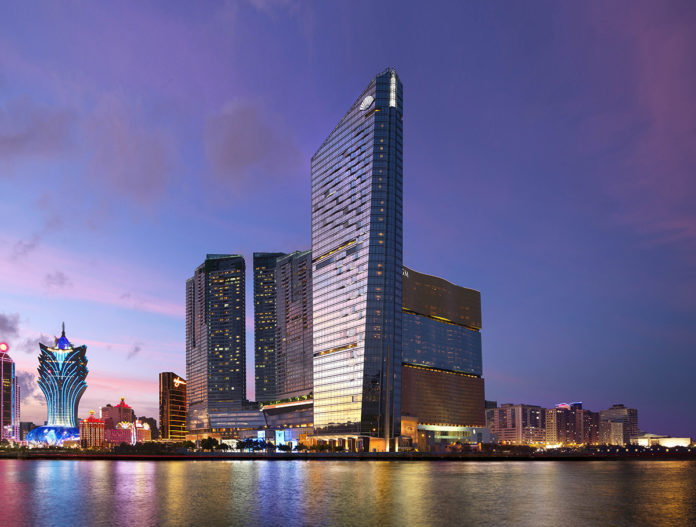The Mandarin Oriental Macau, operated by local group Shun Tak Holdings Limited, saw occupancy during the first six months of the year reaching just 49 per cent, as compared to citywide average of 84.7 per cent, according to data both from a filing by the company with the Hong Kong Stock Exchange and that from the Statistics and Census Service (DSEC).
Shun Tak points out that the hotel ‘maintained an average room rate of about MOP2,000’ during the period in question and that its occupancy was due to ‘clear differentiation strategies in the upmarket non-gaming segments’ and that it ‘maintained leading ranking in online booking platforms’.
The hotel does not have a gaming element, contrary to the other major international hotel brands in the city – MGM China, Sands China and Wynn Macau.
Regarding one of the group’s other hospitality properties, located in Coloane, it saw a 76 per cent occupancy rate during the period ‘amid intense competition from new hotels in adjacent Cotai’. The group notes that ‘it continues to occupy a niche market popular among holidaymakers,’ given the resort’s more remote location and nearby golf course.
For the group’s TurboJET ferry services, it currently operates two berths out of the new Taipa ferry terminal, but ‘in the future, the company will extend its service to up to 90 daily sailings, in order to cater to the growing demand of vacation-makers heading to Taipa and Coloane’.
Shun Tak also notes that its ‘Premier Grand class passengers registered a year-on-year increase of 19 per cent’ during the six-months.
Shun Tak’s planned development of the Nam Van area in Macau, the ‘Harbour Mile’, set to occupy the entire coastline between the Macau Tower and One Central – also a Shun Tak property – and offer 3.4 million square feet of gross floor area, is still pending the government’s review of the ‘Master Plan of Nam Van area’. The group notes that it ‘had renegotiated its position with the original sellers of the site in November 2016, in order to facilitate future strategizing of its investment in accordance with the best interest of its shareholders’.
The group in November announced that it was asking for power-of-attorney to ‘act in the name and on behalf of’ companies owning land related to the Nam Van project so that it could ‘among others, exercise any and all of their rights or legal entitlements in relation to any real estate properties held’ by the companies and sign agreements, make submissions, filings and applications to ‘obtain any necessary consent, authorisation or permit for the transfer or assignment of all or part of the [land rights] as well as any land rights that may be granted to’ the companies in the event of a land swap.
Regarding the overall outlook so far it notes it ‘has navigated out of a cyclical trough in terms of profit recognition and its transportation and hospitality divisions have both registered stable returns on the back of higher visitor numbers.’
























